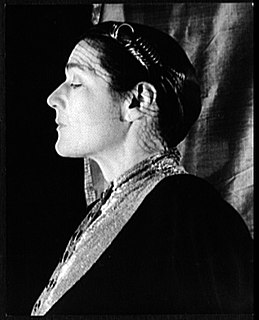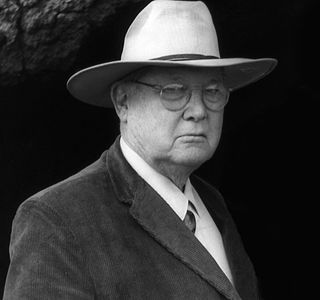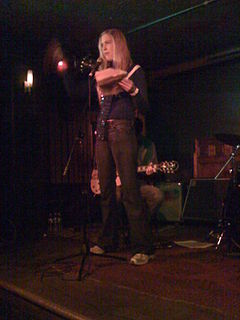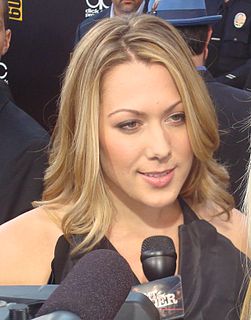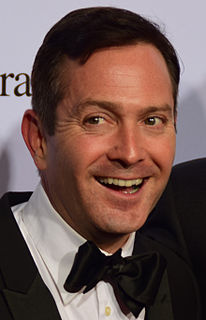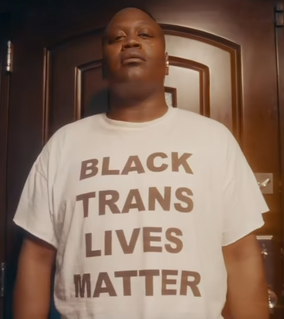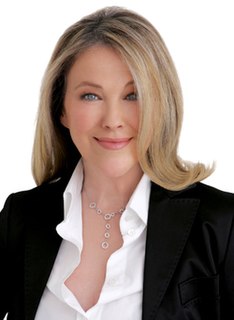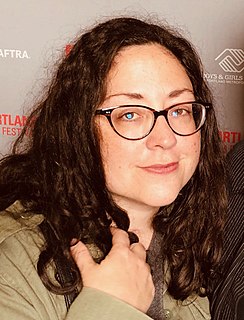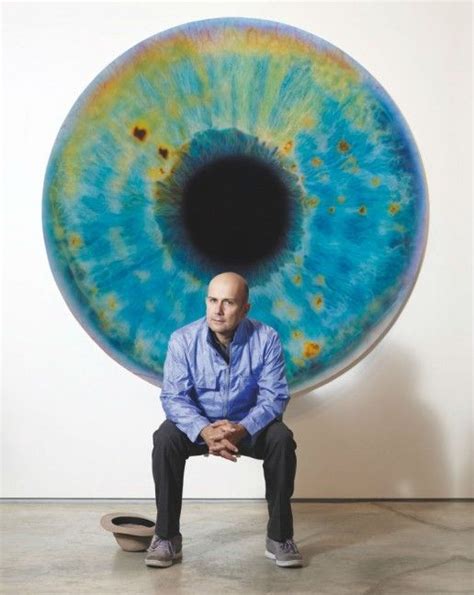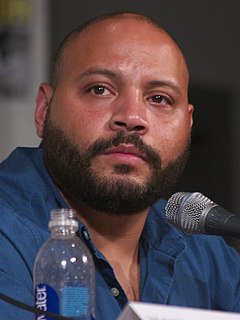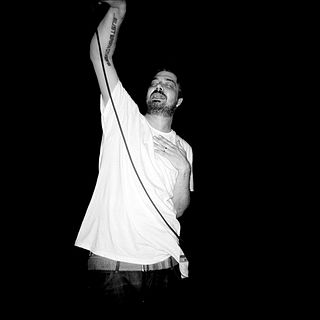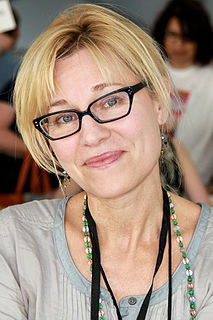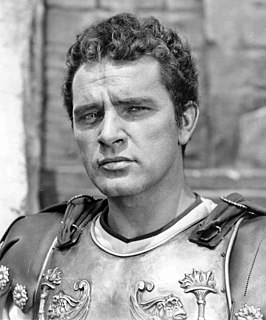Top 1200 Research And Writing Quotes & Sayings - Page 17
Explore popular Research And Writing quotes.
Last updated on November 19, 2024.
I would rather not write if I'm depressed, or am going through a breakup, or I've had some disappointment, or I'm having a family issue. You don't want to just put out an open wound. Sometimes that just isn't even really good writing. Good writing should be good writing and storytelling and not just therapy or someone's personal journal.
THE WRITER can get free of his writing only by using it, that is, by reading oneself. As if the aim of writing were to use what is already written as a launching pad for reading the writing to come. Moreover, what he has written is read in the process, hence constantly modified by his reading. The book is an unbearable totality. I write against a background of facets.
I still encourage anyone who feels at all compelled to write to do so. I just try to warn people who hope to get published that publication is not all it is cracked up to be. But writing is. Writing has so much to give, so much to teach, so many surprises. That thing you had to force yourself to do - the actual act of writing - turns out to be the best part. It's like discovering that while you thought you needed the tea ceremony for the caffeine, what you really needed was the tea ceremony. The act of writing turns out to be its own reward.
Do not beat up on yourself. Do not criticize your writing as lousy, inadequate, stupid, or any of the evil epithets that you are used to heaping on yourself. Such self-bashing is never useful. If you indulge in it, your writing doesn't stand a chance. So when your mind turns on you, turn it back, stamp it down, shut it up, and keep writing.
Cyborg writing must not be about the Fall, the imagination of a once-upon-a-time wholeness before language, before writing, before Man. Cyborg writing is about the power to survive, not on the basis of original innocence, but on the basis of seizing the tools to mark the world that marked them as other...
Writing books isn't a drastic departure from writing for the stage. I've always written in the long format, five, eight, 10-minute pieces rather than one-liners, so since writing books, the process hasn't changed much. A piece in my live routine can end up as part of one of my HBO specials, and it can also end up in one of the books.
I think that to me, films are personal affairs. It doesn't mean that I am against other people doing things differently, but I'm talking about what I can do. So I don't feel comfortable going to a new city or a certain class of which I don't have sufficient knowledge, doing research on that, and then writing a story about it I don't think I have the ability of presenting other people on screen in that way. It makes me uncomfortable. This doesn't mean that I only want to talk about myself. I want to talk about what I know.
I'm interested in dismantling the distinction between masculine and feminine writing both because I think it's a false distinction and, I think, ultimately an insulting one. It's as insulting to men as it is to women. I'm not sure what masculine writing would look like - I assume some combination of Ernest Hemingway and Raymond Carver. Writing can't be gendered in that way.
I love a lot of American writers, but I think that for the most part the scope of what's accepted as great American writing is very limited. What we have is good, but it's limited. There's not enough engagement with the world. Our literature's not adventurous enough. The influence of MFA writing tends to make things repetitive. The idea that writing can be taught has changed the whole conversation in the U.S.
There are very few good writers about art, and you either get art-fashion writing with trendy views or you get very traditional writing. Occasionally, you get people who can write in an interesting way. Really, I think in a sense art writing needs to be renewed as well. It's in a pretty bad condition.
A couple of pieces of advice for the kids who are serious about writing are: first of all, to read everything you can get your hands on so you can become familiar with different forms of writing: fiction, non-fiction, poetry, journalism. That's very important. And also keep a journal. Not so much, because it's good writing practice. Although it is, but more because it's a wonderful source of story starters.
Only recently serious research into the relationship between photography and art has taken place. Why has it been so long in coming ? In some respects historical research is analogous with that of science. The bringing to light of factual material and the development of ideas is to a large extent cumulative. But when artists themselves were, from about 1910, beginning to tear down the bastions protecting Art in its ivory tower, questioning the idea of Art with a capital 'A', photography was inevitably to assume a new stature both in the eyes of artists and the public, too.
Fortunately, I come from an activist mother, so I didn't have to rely on the history books. The history books teach us nothing about the Underground Railroad aside from Harriet Tubman. So I knew more about it but, obviously, I had to dig deeper and expand my knowledge and do a lot of research once I took this project on. I had, like, a good two months to research before we started shooting, which isn't a lot, and I continued it throughout the five months of us shooting.
I started writing because I wanted to write scripts, but I wasn't very good at it. Then I started writing short stories, sort of as treatments for the film scripts, and I found I enjoyed writing short stories far more than I enjoyed writing film scripts. Then the short stories got longer and longer and suddenly, I had novels.
The Zen way of calligraphy is to write in the most straightforward, simple way as if you were a beginner, not trying to make something skillful or beautiful, but simply writing with full attention as if you were discovering what you were writing for the first time; then your full nature will be in your writing.
